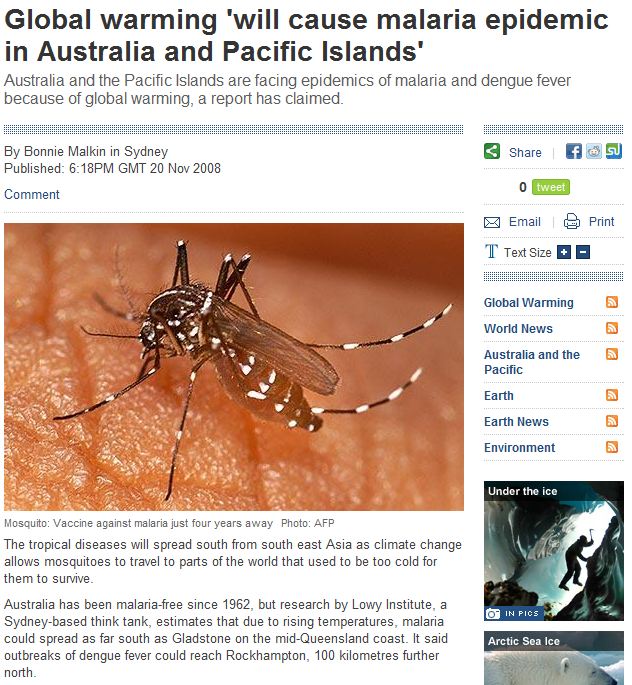Disrupting the Borg is expensive and time consuming!
Google Search
-
Recent Posts
- Analyzing The Western Water Crisis
- Gaslighting 1924
- “Why Do You Resist?”
- Climate Attribution Model
- Fact Checking NASA
- Fact Checking Grok
- Fact Checking The New York Times
- New Visitech Features
- Ice-Free Arctic By 2014
- Debt-Free US Treasury Forecast
- Analyzing Big City Crime (Part 2)
- Analyzing Big City Crime
- UK Migration Caused By Global Warming
- Climate Attribution In Greece
- “Brown: ’50 days to save world'”
- The Catastrophic Influence of Bovine Methane Emissions on Extraterrestrial Climate Patterns
- Posting On X
- Seventeen Years Of Fun
- The Importance Of Good Tools
- Temperature Shifts At Blue Hill, MA
- CO2²
- Time Of Observation Bias
- Climate Scamming For Profit
- Climate Scamming For Profit
- Back To The Future
Recent Comments
- Bob G on Analyzing The Western Water Crisis
- Mike Peinsipp on Analyzing The Western Water Crisis
- Bob G on Analyzing The Western Water Crisis
- Bob G on Analyzing The Western Water Crisis
- Robertvd on Analyzing The Western Water Crisis
- Bob G on Analyzing The Western Water Crisis
- conrad ziefle on Analyzing The Western Water Crisis
- Bob G on Analyzing The Western Water Crisis
- Bob G on Analyzing The Western Water Crisis
- arn on Analyzing The Western Water Crisis
2008 : Global warming ‘will cause malaria epidemic in Australia’
This entry was posted in Uncategorized. Bookmark the permalink.



I wonder what exactly is too cold for mosquitoes to survive. I visited Alaska last year (even into the Arctic circle) and they have tons of them. We have a lot here in Florida too, but no malaria.
I wonder how many tropical disease specialists are on the staff of the Lowy Institute?
A brief search produced 3 articles from 1998, 2000 and 2008 by Paul Reiter (who does seem to be an expert in the field):
http://www.malariajournal.com/content/7/S1/S3
http://www.cdc.gov/ncidod/eid/vol6no1/reiter.htm
http://cei.org/news-letters-cooler-heads-digest/global-warming-and-vector-borne-disease-warmer-sicker
There was a very apt paragraph in the 1998 article:
“So, I am a specialist in a well-defined branch of science, one of a number of similar specialists who are scattered around the world. What I’d like you to know is that in recent years, my colleagues and I have been quite astonished by some of the statements that are being made about our subject by people who are outside our field. We are not rocket scientists, so we don’t publish papers on rocket science. But it’s quite incredible how many scientists from other fields — including rocket scientists – have been publishing articles and making public statements about mosquito-borne disease, all in the context of global climate change.”
And he goes on to discuss Malaria:
“Malaria, Dengue Fever, and Yellow Fever: Not Tropical Diseases
What do those of us who work in this field really think about this?
Well the very first thing I’d like to impress upon you is that malaria is not a tropical disease! Most people think of it as tropical because, today, it occurs mainly in the tropics. But in the past malaria was present nearly everywhere in the world. Hippocrates described “autumnal fevers” that plagued the ancient Greeks in the Mediterranean region. His description of these “tertian” and “quartan” fevers were written with such careful, perceptive observation, and such meticulous detail, that we can be absolutely certain that at least two species of the malaria parasite – probably Plasmodium vivax, and P. faliciparum – were present. The association of wetlands with malarial fevers was well known, and he even described the association between enlarged spleen – a symptom of chronic malaria infection – and marshy, wetland areas. In fact it is quite possible that at the end of the Ice Age, as the ice caps were retreating and humans moved northward, the mosquitoes and the malaria moved with them. The bone pathology of Neolithic peoples buried in Anatolia and Macedonia is strongly suggestive of chronic malaria, and the prevalence of Mediterranean Anemia (thalassemia – a hereditary disease which affords some protection against malaria) in southern Europe also suggests a long history of contact with the pathogen. And so I suppose one could say that malaria in Europe is truly a result of global warming, although it happened rather a long time ago!”
Please note that malaria outbreaks were also common in Arctic regions in the past.
Almost all species of Anopheles mosquitoes vector malaria. Here is a map of Anopheles species distribution which is not especially accurate but will serve our purposes here:
http://en.wikipedia.org/wiki/File:Anopheles-range-map.png
This can be considered as the kind of possible malaria range in the world.